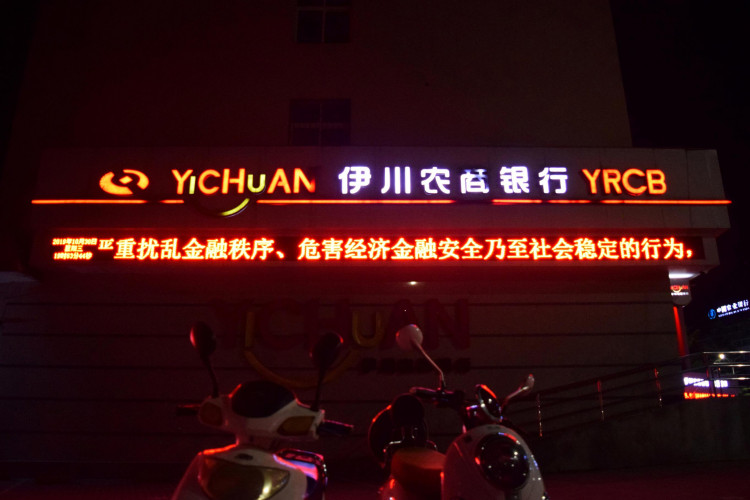From rural banks to growing consumer debt -- not to mention ongoing privatization of securities -- increasing indicators of financial stress in China are placing the nation's policymakers to the test.
The administration of Chinese leader Xi Jinping is experiencing an exceedingly difficult balancing act as his team of financial experts strives to boost the world's second-largest economy without promoting moral hazard and reckless spending.
While authorities have so far been quite reluctant to rescue troubled borrowers and ramp up badly needed incentives, the cost of maintaining that stance is rising as defaults rise and the slowdown in China deepens.
Policymakers are trying to do the "necessary steps to keep the economy on track," said Andrew Tilton, chief economist for Asia-Pacific at Goldman Sachs Group Inc., in an interview with Bloomberg TV.
Among the most vexing challenges for China is the deteriorating the health of smaller lenders and regional state-owned businesses, whose financial connections risk triggering a downward spiral without the government's support.
A historic debt recast announced by the state-owned commodity retailer Tewoo Group this week raised concerns about more financial turmoil in its home town of Tianjin.
In recent months, similar concerns have arisen across the world, mostly based on smaller banks. Since May, when regulators seized control of a lender in Inner Mongolia and placed losses on some lenders, trust in these once well-entrenched financial organizations has deteriorated.
According to Bloomberg Economics, the PBOC and other regulators have long warned of the risks of excessive corporate debt, which in 2018 climbed to a record 160 percent of gross domestic product.
For the time being, investors seem to bet that policymakers can manage the financial risks of the country and keep the economy afloat.
Meanwhile, this week's sale of $6 billion in sovereign dollar debt was oversubscribed, while Chinese stock market volatility has fallen to the lowest level since early 2018, partly due to optimism about prospects for a trade deal with the U.S.
In recent months, yield spreads on Chinese banks' short-term debt have narrowed, an indication that smaller borrowers are now finding it easier to secure funding.
The central bank and other government regulators have said that they pressure distressed banks to raise capital, slash outstanding bad loans, restrict dividends, and change managers. It has also proposed a comprehensive set of financial initiatives to promote mergers between smaller institutions and to encourage local councils to fund them.





